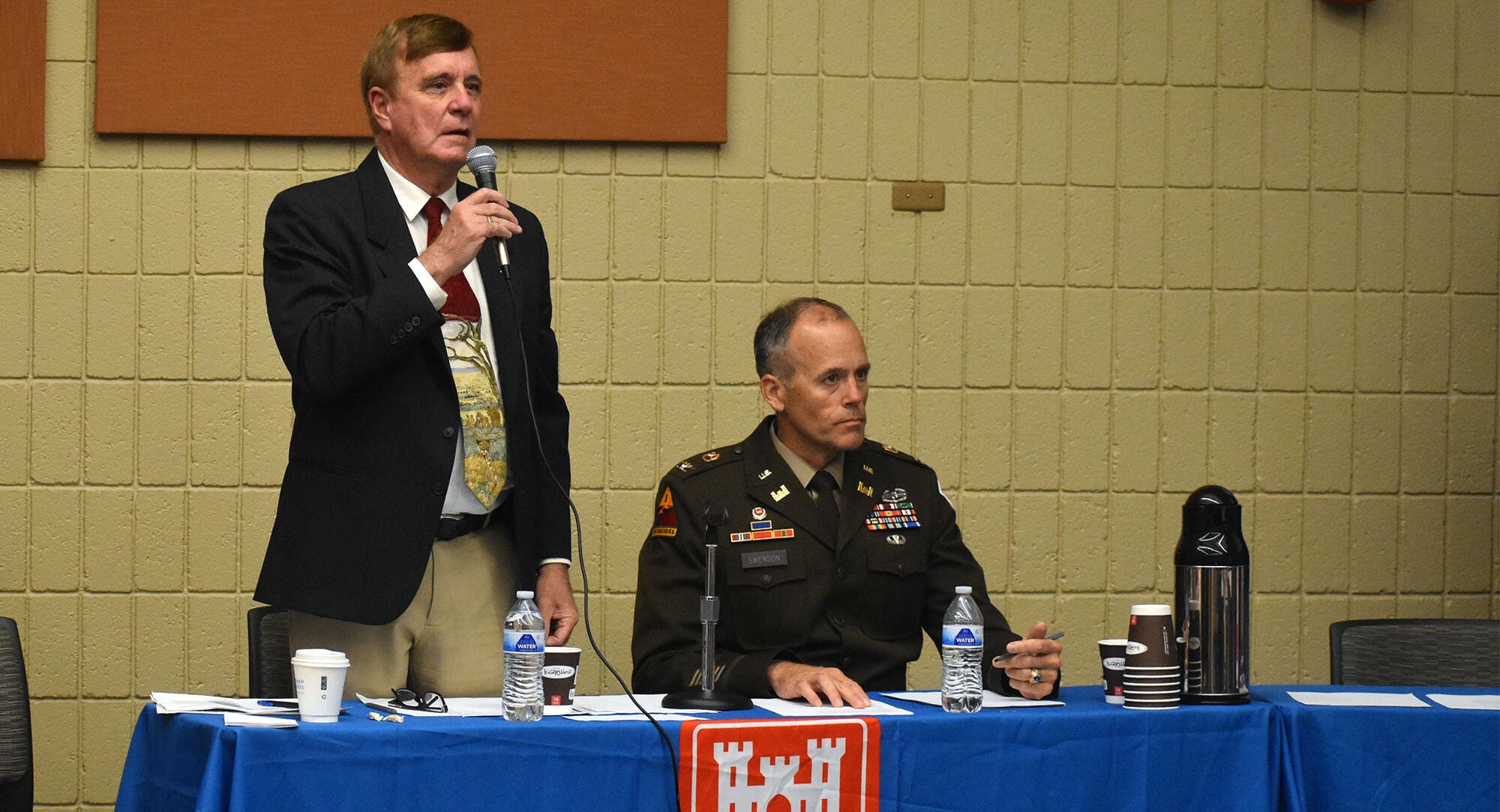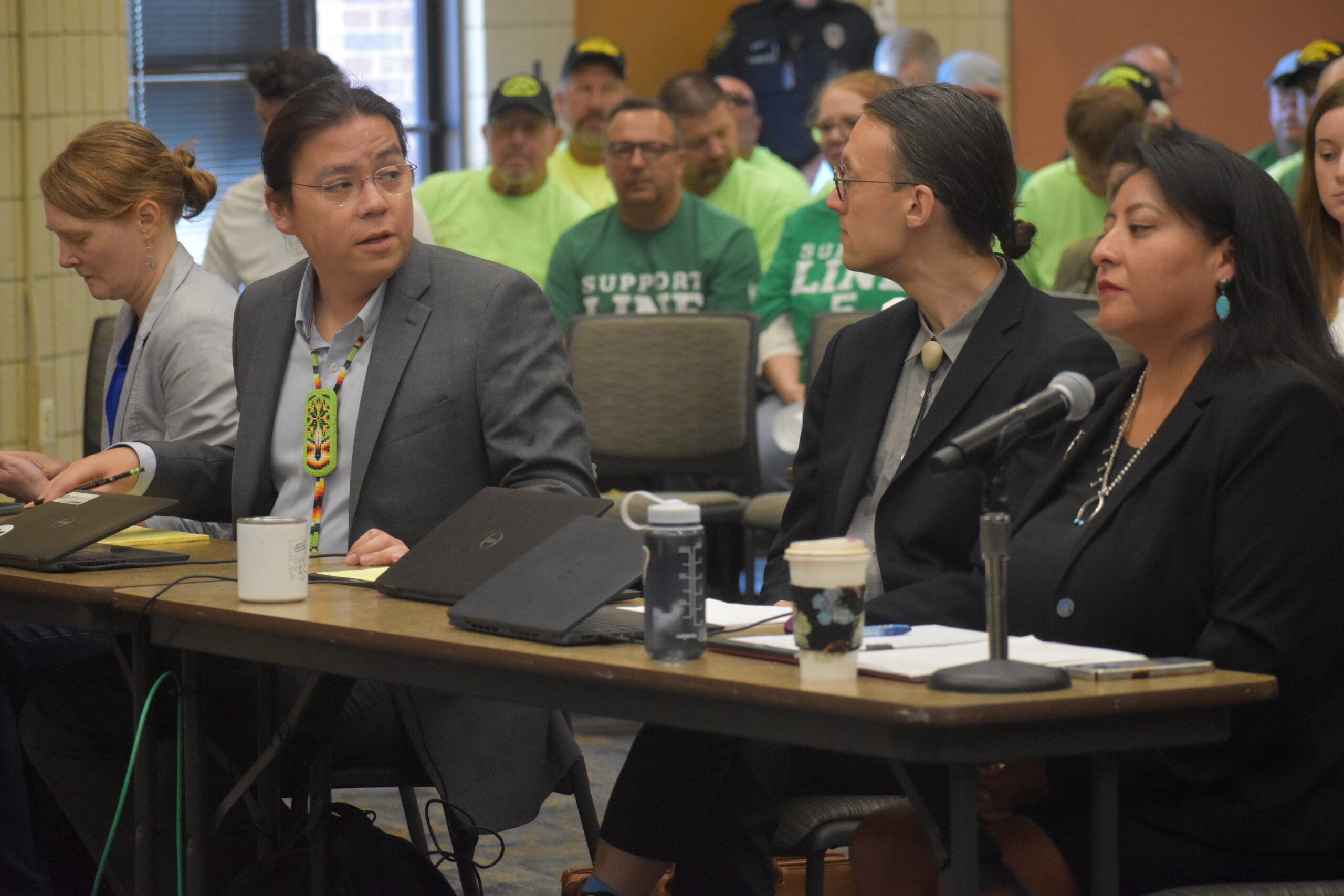A motion approved Thursday by the Joint Finance Committee would change how the state addresses pipeline operators, a move opponents are calling a perversion of government to benefit an energy firm.
Under the motion, towns or counties would be prevented from imposing insurance requirements on an interstate pipeline operator if the company has comprehensive general liability insurance. Dane County Zoning Committee Chairman Patrick Miles said that’s exactly the scenario they’re facing with Enbridge Energy’s request for a conditional use permit.
“This is totally designed to address the interests of business and ignores the interests of the residents of Dane County,” said Miles.
News with a little more humanity
WPR’s “Wisconsin Today” newsletter keeps you connected to the state you love without feeling overwhelmed. No paywall. No agenda. No corporate filter.
Enbridge is expanding pipeline capacity in the county. Miles said his committee issued a permit with the requirement that Enbridge carry environmental impairment liability insurance. Such insurance, he said, would protect the county from having to pay to clean up any possible spills.
Sierra Club John Muir Chapter Program Director Elizabeth Ward said another budget motion changed language on who has the power to take private property for public use under eminent domain law. She said that directly benefits Enbridge Energy.
“Both of those (provisions) would make it easier to get oil pipelines permitted through the state,” said Ward.
Enbridge spokeswoman Shannon Gustafson said in a prepared statement that the insurance proposal makes sense lawmakers are paying attention to what’s happening in Dane County, given the positive economic impact Line 61 may have on the state.
The company didn’t comment on the proposed change to the state’s eminent domain law.
In April, an Enbridge spokeswoman said the firm was still evaluating whether another pipeline from Superior to Illinois would be feasible.
Wisconsin Public Radio, © Copyright 2026, Board of Regents of the University of Wisconsin System and Wisconsin Educational Communications Board.





